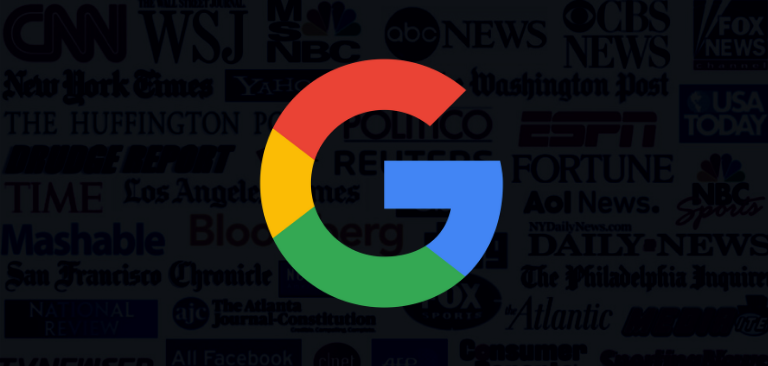Some things never change, and with Google’s data-driven advertising business model and a complicated, to put it mildly, relationship with traditional media publishers – here we go again with another round of that fight.
Sadly, there are no good guys to cheer for here: the fight is over who gets access to more highly monetizable user data, to then use or abuse it.
That said, in Europe, publishers are going down the route of championing privacy – but privacy concerns here are hardly anything but a means to a business end.
These publishers planned to start bypassing Google on August 15, when new data privacy rules will be launched.
But Google has tied asking for two GDPR permissions together – one to show users personalized ads – and the other “to have their personal data collected in a profile.”
Some publishers hoped to leave out the latter – which would “starve Google’s profile-building, while still allowing those properties to serve up personalized ads from Google’s clients,” Reuters says.
However, Google is now saying it’s both or nothing – that is, if you want those lucrative personalized ads.
Given how obscenely dominant Google is in the ad market, globally worth $100 billion each year – it’s easy to consider turning Europe’s privacy legislation against the giant, and that’s what publishers had hoped to do.
Google’s strength here is the way it positioned itself in the market starting early on in the life of the web, by establishing relationships with advertisers, and providing both them and websites with a range of tools that have in the meantime become the standard.
But publishers now tell a story of Google to all intents and purposes “blackmailing” them into back off from any attempt to stand up and take a piece of the data collection pie.
Because it by-and-large stands in between them and advertisers, Google has reportedly threatened to hit publishers where it hurts by crippling their ability to monetize ads.
The charge here – voiced by Google’s competitor, ad software maker S4M, is that there is no real competition, as Google pushes those who fail to toe its line – that includes revenue-sharing – out of the market.
“‘You have to basically implement what (Google) expect from you or you’re out of the market – you can’t do without them,’ said Thomas Adhumeau, general counsel at S4M, which competes with Google in software for advertisers.”
Google has repeatedly denied such accusations, claiming that it respects EU privacy rules, and describing the internet ad industry as competitive.













